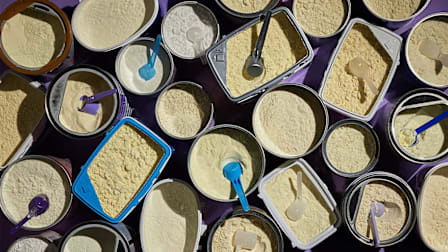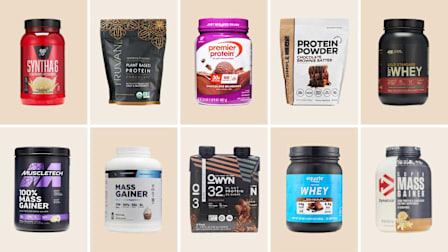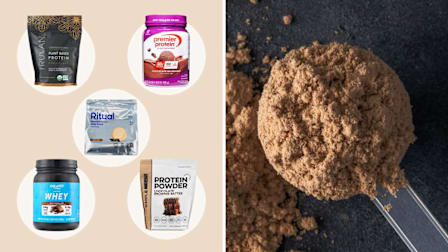Is It Safe to Eat Expired Eggs?
Now isn't the time to toss perfectly usable eggs

Egg prices keep rising and grocery stores—when they even have eggs—are putting limits on how many dozen you can buy. You’ve got a carton in your fridge, but the expiration date passed a week ago. Are the eggs still safe to eat?
The good news is most probably.
Judging an Egg's Freshness
As eggs age, their quality does deteriorate. “The fresher the egg, the more of that eggy flavor you’ll have,” says Michael Makuch, chair of the interdisciplinary food studies department at Johnson & Wales University in Providence, R.I. Fresher eggs also have a higher, rounder yolk. Over time, the yolks flatten, and both the yolk and the whites get runnier. “The membrane that protects the yolk loses its integrity, so there’s also a greater chance of the yolk breaking.”
Whether any of this matters, though, depends on what you’re using the eggs for.
Go as fresh as you can for dishes where eggs are the star. Poached or fried eggs will taste best and look nicer with fresher eggs. And they’re best for omelets and quiches for the flavor and because they’ll give the dishes a lighter, airier texture.
If you’re baking, older eggs are fine to use unless you’re whipping egg whites for volume for meringues, macarons, or soufflés. That’s when a fresher egg—and “tight” vs. runny whites—are key, Makuch says. Older eggs are also good for scrambling, hard-boiling, or using for deviled eggs. Add some spices, herbs, or vegetables and you’ll never know they weren’t at their peak.
If you don’t want to crack an egg to judge its quality, you could try the float test. Place an egg, uncracked, in a bowl of water. “Supposedly, if the egg sinks and falls over, it’s fresh,” Makuch says. “If it floats, you’re dealing with an older egg, but that doesn’t mean it’s spoiled.” (Older eggs float because the air pocket that’s inside every egg expands as the contents shrink with age.)
Learn More About Eggs
Find out why brown eggs are more expensive than white ones and what the labels on egg cartons really mean.
How to Store Eggs
To keep your eggs fresh for as long as possible, store them in the refrigerator at 37° F to 40° F. “Keep them in their original carton toward the back of the refrigerator, not in the door, where the temperature can fluctuate with opening,” Makuch says. Make sure the narrower end of the eggs is down, which is the way they should come in the carton. That keeps the air pocket at the top and away from the yolk, helping to maintain freshness.
Can Eggs Be Frozen?
Yes. If a recipe calls for just egg whites or yolks, you can freeze the other half in ice cube trays lightly greased with a little oil. Whites freeze well, but yolks can become thick and syrupy, so mix beaten yolks with some salt, sugar, or corn syrup to prevent thickening before freezing.
You can freeze whole eggs too, but not in the shell. Crack each egg and whisk the yolk and white together. It’s best to freeze each egg individually—that way, you can defrost only the number of eggs you need. Use a lightly greased muffin tin or silicone baking cups—one slot will usually hold one egg.
Whole eggs, yolks, and whites will keep in the freezer for about a year. (See our review of the best freezers.)




